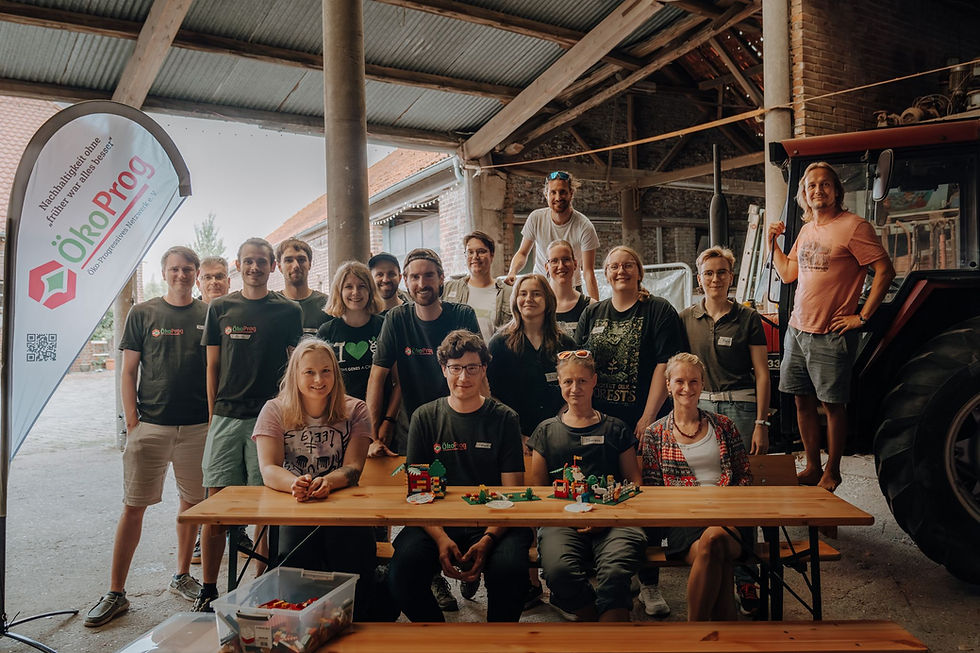Swansea New IPM Symposium
- Taskscape Associates
- Sep 15, 2022
- 2 min read
Updated: Sep 22, 2024
Bringing project discussions of land abandonment, biodiversity, pest control and pollination to an International symposium...

As a PhD candidate at the Estonian University of Life Sciences I participated in the international symposium “New IPM” at University of Swansea where I discussed the relevance of land abandonment on the biodiversity and how it affects pest control and pollination in nearby fields and also introduced project as whole.
The international symposium considers how Integrated Pest Management (IPM) is undergoing rapid changes as modern technologies like electronic sensors, robotic crop inspectors and drones are becoming normalised in crop production both in protected and arable settings.
The conference brought together everybody involved in the agribusiness chain to present and discuss new innovations and how they are being implemented in crop protection. It was a unique event that convened industrialists and leading researchers to share approaches and experiences in this strategic domain.
It was the first time I had the opportunity to present in person, to an international audience. In my presentation, I addressed how the landscape surrounding agricultural fields affect both pest and beneficial insect and the spatiotemporal effects on them. I introduced the FrameWork project and WP4 task that concentrates on the effects of abandoned agricultural areas. I plan to include this task also into my PhD thesis.
Attending the symposium on the one hand gave me new knowledge and ideas in the integrated pest management field that can be implemented here in Estonia or into the project and on the other hand make connections with people all around the world, who share the same interests, beliefs and want to conserve biodiversity in the agricultural sector.
In my opinion, exchanging thoughts and ideas is an important part of development in different areas of life– either personal, business sector, academia or general society.
Sessions covered themes like: IPM Challenges and Solutions, New Products and Strategies, Botanicals, Semiochemicals, Pest Monitoring, Orchard & Field Crop IPM
Microbial BCAs, Remote Sensing and UAVs, Computational Science, Multifunctional Microbes and Decision Making and Planning.
Following the symposium there was a free Collaborative R&D Funding Support Networking Day organised by Swansea University’s Research and Innovation Services and supported by SCoRE Cymru, this free networking session offered an opportunity for Welsh industry and academia to network with international partners.
The focus of the symposium was on funding opportunities from UK and EU sources, in particular Horizon Europe Cluster 6 (Food, Bioeconomy, Natural Resources, Agriculture, and Environment) and related calls around plant health, resilient infrastructure and low risk pesticides.
The conference was an excellent opportunity for researchers, technologists and end users to hear from others working in the field and to exchange ideas.



